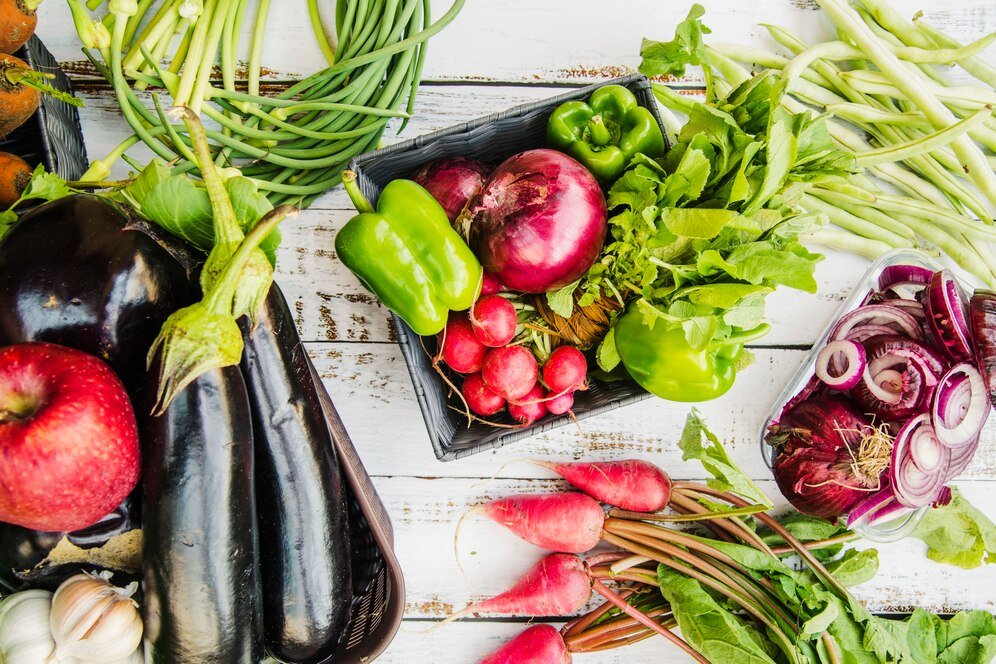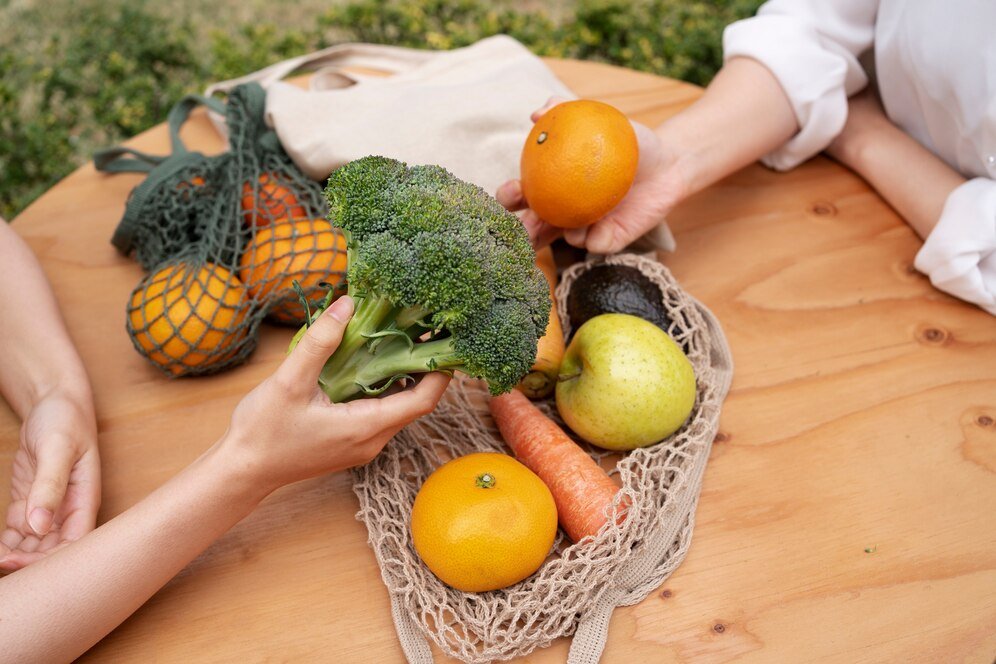In recent years, the farm-to-table movement has gained immense popularity as more people become aware of where their food comes from and how it affects their health and the environment. Farm-to-table isn’t just a trendy phrase; it’s a philosophy that encourages consumers to buy fresh, local, and sustainably grown food directly from farmers, often through farmers’ markets, local grocery stores, or community-supported agriculture (CSA) programs. But what does it really mean to buy local, and why should you make the shift to supporting local farms? Here’s how buying local benefits you, your community, and the planet.
1. Strengthening Local Economies
When you buy local, your money stays within the community, which helps strengthen the local economy. Small-scale farmers rely on direct sales to consumers to stay in business. By choosing to purchase food from them, you’re supporting their livelihoods and allowing them to reinvest in their farms, employ local workers, and expand their sustainable farming practices.
The impact of supporting local businesses extends beyond farmers — it also helps local food artisans, vendors, and small businesses thrive. When people spend their money locally, it creates a multiplier effect, where each dollar circulates within the community, creating jobs and fostering growth.
2. Fresher, Healthier Food
One of the most obvious benefits of buying local food is the quality and freshness. Locally grown produce doesn’t have to endure long trips to reach your plate, so it’s often harvested at the peak of its ripeness, meaning it’s more flavorful and nutrient-dense. In contrast, produce that’s shipped long distances has to be harvested before it’s fully ripe to withstand the transportation process, which can result in a loss of flavor and nutrients.
Moreover, local farmers typically use fewer preservatives and chemicals on their produce because it doesn’t need to be transported long distances or stored for extended periods. This means the food you’re eating is not only fresher but also often healthier than its mass-produced counterparts.
3. Reducing Your Environmental Footprint
Buying food locally is a simple but powerful way to reduce your environmental impact. When food is grown nearby, it doesn’t need to be transported hundreds or even thousands of miles to reach you. This drastically reduces the carbon footprint associated with food transportation, which typically involves refrigeration and long-haul trucking, both of which contribute to greenhouse gas emissions.
Additionally, local farmers often use more sustainable farming practices, such as crop rotation, organic methods, and water conservation techniques, which further reduce the environmental toll of food production. When you support local farms, you’re not just getting fresh food — you’re also contributing to a healthier planet.
4. Supporting Biodiversity and Sustainable Farming
Local farmers are often more invested in sustainable farming practices than large industrial operations. By supporting local, you’re promoting agriculture that works in harmony with nature. Local farms typically use crop rotation, natural pest control, and fewer chemicals, which help preserve soil health and biodiversity.
Sustainable farming techniques help protect wildlife habitats and conserve water, air, and soil quality. By buying local, you encourage farmers to continue these eco-friendly practices and avoid the harmful effects of large-scale, industrial farming.
5. Promoting Food Security
When you buy local, you’re helping to build a more resilient food system. Local farmers are part of the community and are invested in its well-being, which means they’re often more responsive to local food needs and concerns. Supporting local agriculture strengthens food security, ensuring that communities have reliable access to fresh, healthy food that isn’t dependent on long, complicated supply chains.
During times of crisis, like natural disasters or pandemics, local food systems are more resilient. They can quickly adapt to shortages and ensure that food is still available to the community, whereas large-scale industrial food systems may face delays or supply chain disruptions.
6. Connecting with Your Food and Community
Buying local is an opportunity to reconnect with the food you eat and the people who grow it. Farmers’ markets, CSA programs, and direct sales allow you to meet the farmers and artisans behind your food. You can ask them questions about how their food is grown, learn about their farming practices, and get advice on how to prepare and store fresh produce.
This connection creates a sense of community and transparency, as you can witness firsthand the care and dedication that goes into producing the food you eat. Building relationships with local farmers also fosters a deeper understanding and appreciation for the work that goes into food production.
7. Supporting Animal Welfare
Many small-scale, local farms prioritize animal welfare and humane practices. Unlike industrial farms, which may use factory farming methods, local farms often allow animals more space to roam and graze, which results in better-quality meat, dairy, and eggs.
When you support local farmers, you’re helping to promote ethical farming practices that respect the well-being of animals. Local farms often have smaller herds and flocks, which makes it easier for farmers to monitor the health and welfare of each animal. You can often find out directly from farmers how their animals are treated, which gives you peace of mind knowing that you’re making an ethical choice.
8. Creating a Stronger, Healthier Community
The farm-to-table movement fosters a sense of community by encouraging people to buy from their neighbors. It helps to keep local businesses alive and thriving, which builds a stronger and more resilient community. When people buy from local farmers, they create a network of support that helps their neighbors thrive and ensures that everyone has access to the resources they need.
Farmers’ markets, community-supported agriculture (CSA) programs, and local farm stores provide spaces for communities to come together. They act as meeting points where you can not only buy fresh food but also build relationships and share knowledge with others. This strengthens the social fabric of the community and creates a sense of belonging.
Conclusion: Why Farm-to-Table Matters
Choosing to buy local and support farm-to-table practices is one of the best ways to contribute to the well-being of your health, community, and planet. By supporting small farmers, you’re helping to ensure that the food you eat is fresher, more sustainable, and ethically produced. You’re also making a powerful statement about the kind of food system you want to support — one that values sustainability, health, and community over convenience and mass production.
So next time you head to the market or grocery store, consider buying from local farmers. You’ll be making a positive impact in more ways than you might have realized!









